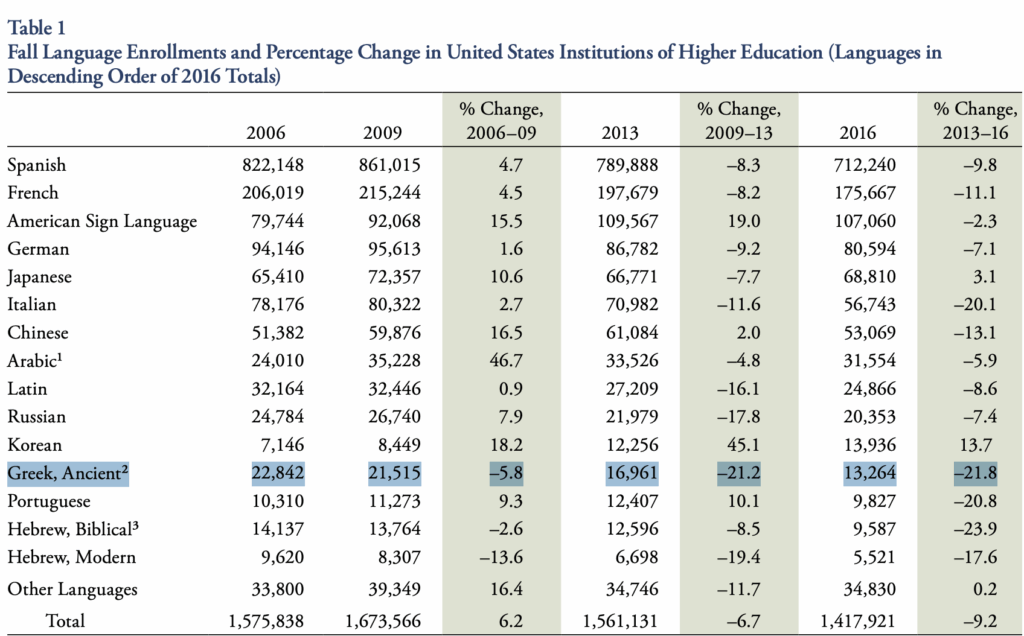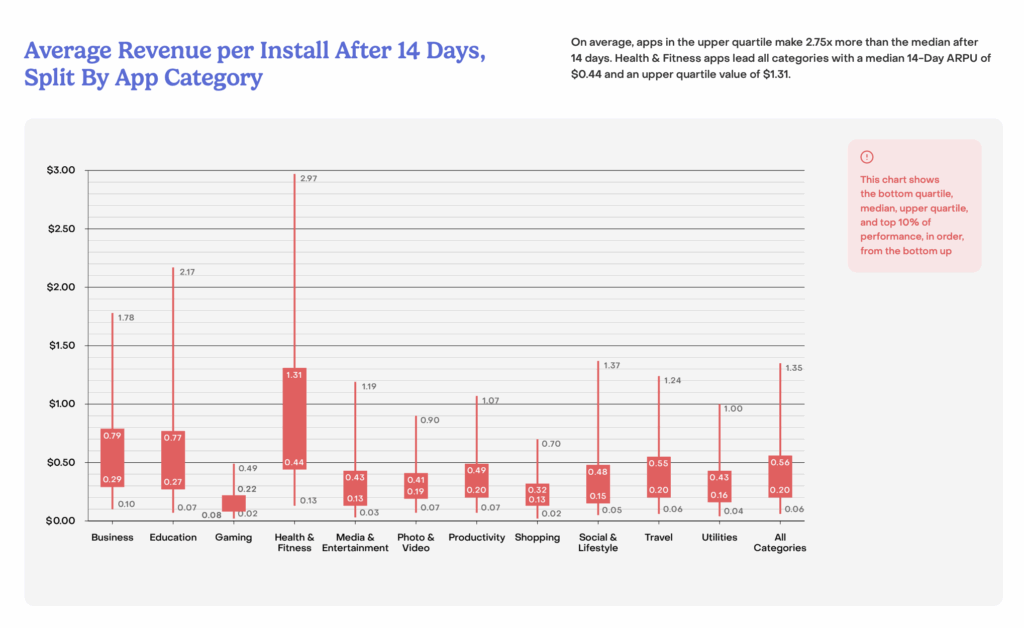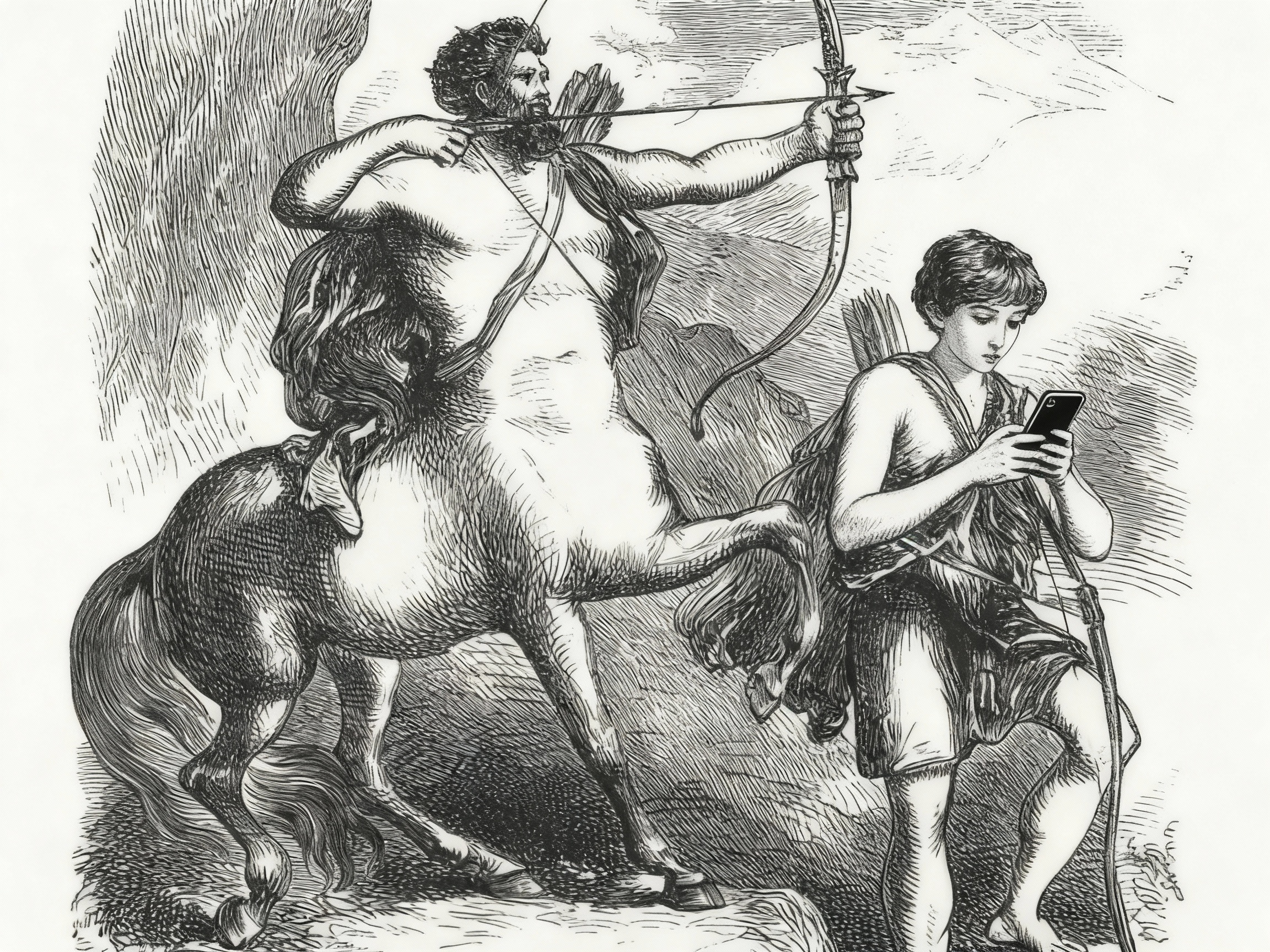I built a mobile application focused on Ancient Greek texts, polished it to perfection, and released it on the app store. Despite its genuine usefulness, I found zero audience. What I didn’t realize was that I had stumbled into a $270 million problem—and potentially, its solution.
The Personal Journey That Started It All
A few years ago, when my son was born, I found myself carefully selecting stories to share with him. I wanted tales that would not only entertain but also teach him about life, character, and wisdom. This quest led me to fall in love with classical education.
There was one problem: I wasn’t a classical scholar, just a programmer. Leveraging tech to get my access to all these ancient text felt like the perfect move. I gathered all the ancient Greek texts about Alexander the Great and built them into an application I called “The Greatest Alexander the Great Application.”
The result exceeded my expectations:
- More accurate than Wikipedia
- Providing valuable advice for most life questions
- Consistently delivering actionable insights every time I used it
Yet despite creating something genuinely valuable, I faced a harsh reality: zero audience.
The Hidden $270 Million Market
My failure led me to a surprising discovery. I wasn’t alone in this struggle: I had unknowingly entered the classical education market, worth $270 million in the US alone.
Source: Based on 677,500 students enrolled in classical education (2023-24, Arcadia Education market analysis) × estimated $400 per student spending on specialized curriculum materials

But this market faces a critical challenge: it’s shrinking fast. Ancient Greek enrollment dropped from 22,000 US students in 2006 to just 13,000 in 2016—a 40% decline in a single decade.
Source: Modern Language Association of America 2016 report
Why Video Games Aren’t the Answer
Many educators point to gamification as the solution. The theory sounds compelling: make learning fun through games, and engagement will follow.

But the data tells a different story. According to RevenueCat’s 2025 report, video games generate the lowest per-install revenue of any app category. Despite 15 years of hype around educational gaming, there are virtually zero examples of successful commercial educational games.
Meanwhile, on the other side of the spectrum, we see genuine success stories like Alpha School in Austin and Ad Astra (SpaceX’s private school)—both traditional, high-quality educational institutions that people pay premium prices to attend.
The Commercial Validation Principle
“If a product is World Class… it is a product, and somebody commercial has bought this product. It is very implausible that you will have the best software product in the world, and you never sold it commercially.”
– Alex Karp, CEO of Palantir
If I can’t convince people to pay for my solution, how can I be certain it actually solves their problem? The path forward isn’t to become the “Zynga of Classical Education” but rather to build something that combines the AI capabilities of a Grok with the practical wisdom and social media approach of a Ryan Holiday.
The Rebrand: From Alexander to Aristotle
I’ve begun transforming my Alexander the Great app into an “Ancient Coaching” application—essentially a virtual Aristotle. This better captures the app’s true purpose: providing personalized wisdom and guidance drawn from classical sources.
My strategy leverages several key elements:
Platform Focus: iOS as the primary platform, the US App Store being 70% share of all the mobile revenue.
AI Integration: The RAG (Retrieval-Augmented Generation) system I developed works remarkably well, providing contextually relevant advice from classical sources
Rewards: Creating a cybernetic feedback loop where the more someone uses the app, the more equipped they become to share its value with others
Future Technology: Preparing for emerging platforms like Meta’s Ray-Ban smart glasses, which could seamlessly integrate classical wisdom into daily life flow. No ned to fill manually the prompt context anymore (Just imagine getting Aristotle live as rehtorics advisor during an interview).
The Vision: Capturing Aristotle’s Worldview
“My hope is someday, we can capture the underlying worldview of that Aristotle in a computer and someday, some student will be able to ask Aristotle a question and get an answer.”
– Steve Jobs
That future is closer than we think. With current AI capabilities and the vast corpus of classical texts available, we can begin to approximate that experience today.
What’s Next
My journey is just beginning. With the Android version live and the iOS version in development, I’m building not just an app but a new category: AI-powered classical education that people actually want to use—and pay for.
The decline in classical education isn’t inevitable. It’s a market opportunity waiting for the right approach: one that combines ancient wisdom with modern technology, practical value with commercial viability.
The question isn’t whether there’s demand for classical wisdom—it’s whether we can package and deliver it in a way that fits into modern life. I believe the answer lies in AI, and I’m committed to proving it.
Follow my journey as I build the future of classical education. The next post will dive deep into the technical architecture of creating a virtual Aristotle and the early user feedback that’s shaping the product. You can follow me on X.com and Linkedin.
